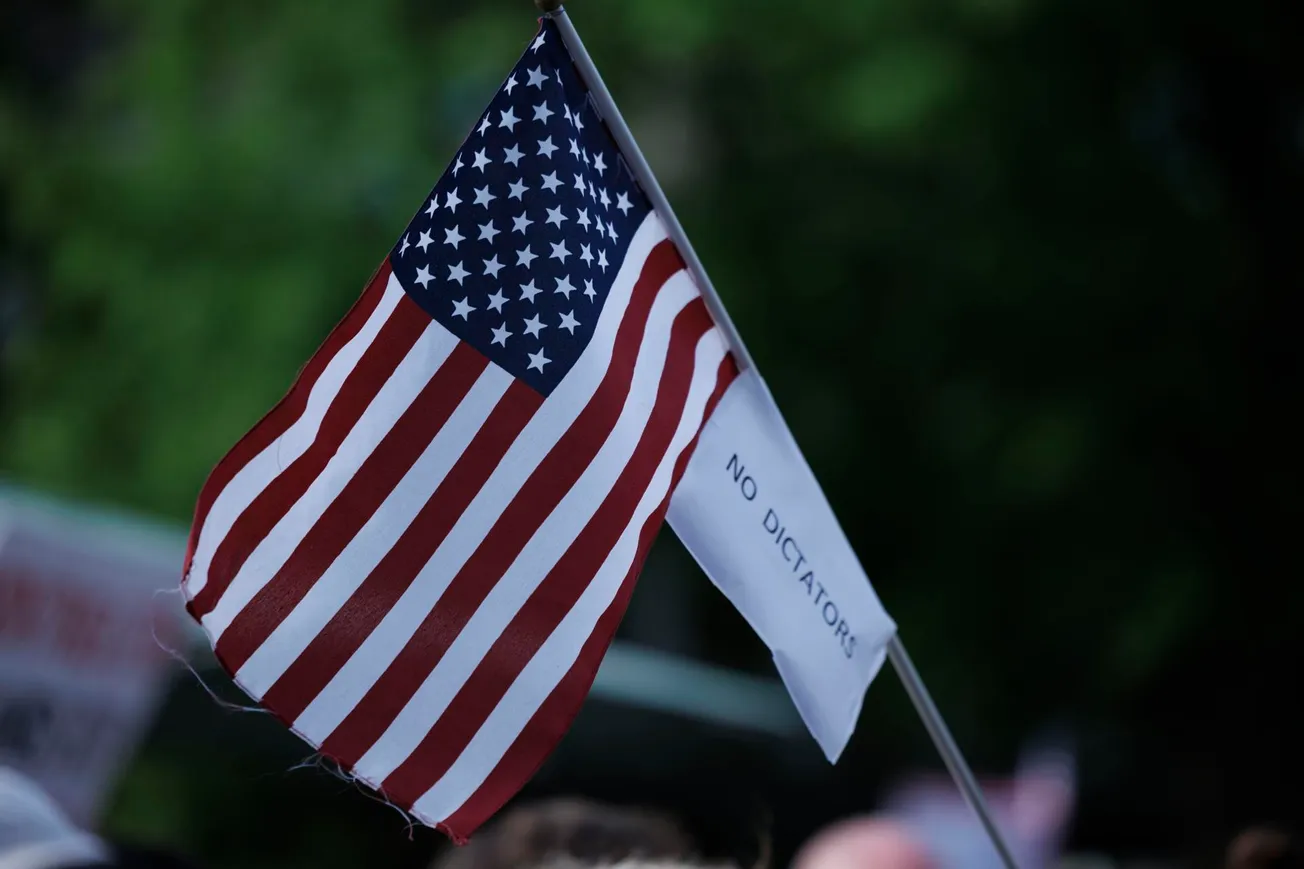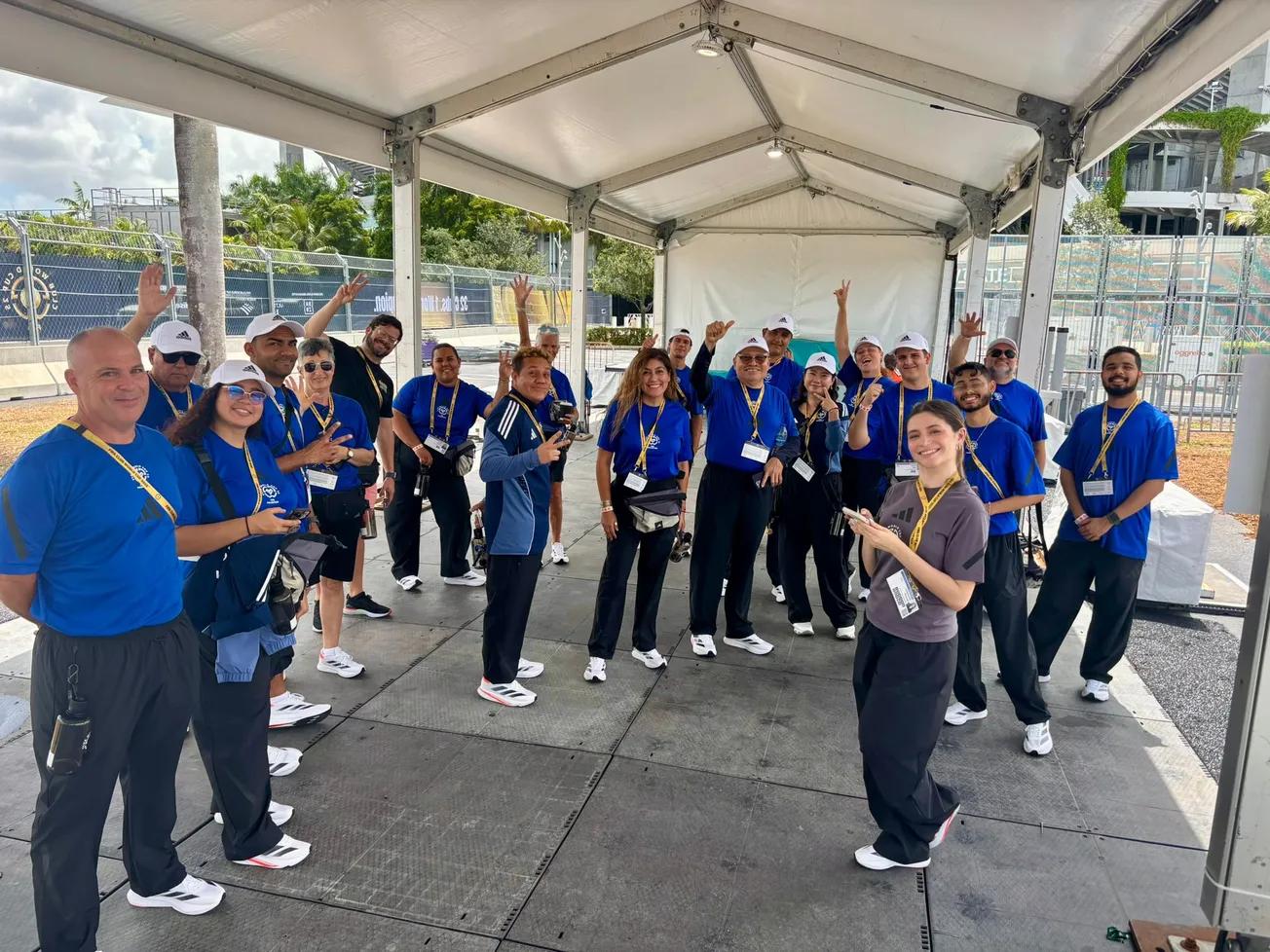“Revolutionaries never retire.” Said Fidel Castro some 23 years ago at the Palace of the Revolution in Havana. Palace and Revolution in the same sentence felt to me like one of the many contradictions I lived while in Cuba. Our small group of journalists were able to have a conversation with El Comandante. The island struggled to navigate the turbulent waters of a new world order without Soviet subsidies. On the streets, people would offer me smuggled cigars, and when I declined they would hug me and yell, “Brother!”
It was easy to observe the price of sex: a bar of soap, a frugal meal, or a visit to tourist-only shops. I spoke to Cubans who were dedicated to the regime “until death,” who lived on remittances from Miami or Spain and responded to my questions without fear but indirectly. The activist and opposition leader, Elisardo Sánchez, would go to the hotel Habana Libre, where I was staying, and sit near our journalist group. An invisible wall of casually dressed policemen were at the bar or stalking the halls of the hotel. I never spoke with Sánchez. But in the Palace, I asked El Comandante what he thought of his political opposition and who he thought would lead the transition in Cuba. The world leader best known for his verbal incontinence brushed the question aside with a concise answer more fitting of Hemingway than Carpentier. “Political opposition in Cuba does not exist. The only opposition is the United States of America,” Castro said, before keeping silence and scanning the room for the next question.
In those days, like today, the health of El Comandante was a State secret. Miami has spent decades announcing his death. Meanwhile, since Dwight D. Eisenhower began isolating the island in October 1960, El Comandante continues to outlive one American president after another. The embargo would be officially implemented in 1961 by John F. Kennedy.
A few years after my visit to Havana, in a conversation with Colonel Beruvides in Miami, I heard that some in the Cuban exile estimated that the transition to democracy would cost half a million lives. Revenge, they told me, was inevitable. Washington, Europe, and The Vatican could stop the blood shed, I thought.
But Washington has been slow and stubborn, dedicating its energy to politicking while abandoning a hemispheric vision.
Now there is another player in Cuban diplomacy: China. The path only fills with more obstacles.
Today, those who missed the train of history are preparing for Castrismo without Castro. They will be stuck on the platform again. The Cuban diaspora —”the worms”— continues sending money back to the island. Many of them have metamorphosed intopowerful butterflies. That is the power of time. Now, the dictator convalesces in the labyrinth that he has been unable to take his country out of in over 50 years. In August, he will turn 88 years old, as he flirts with eternity. For revolutionaries neither retire nor die.
Avendaño is Executive Editor of El Tiempo Latino
alberto@eltiempolatino.com










